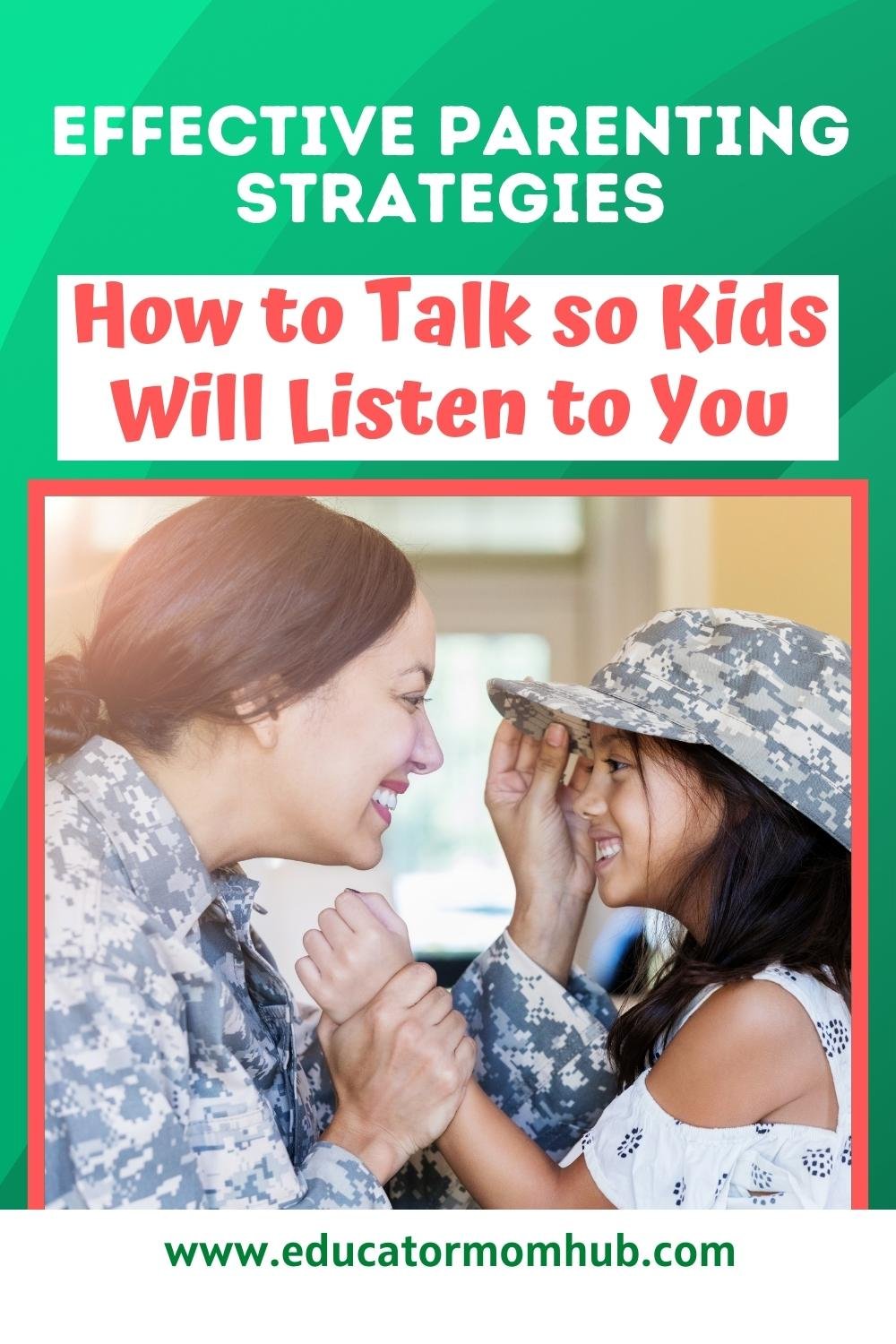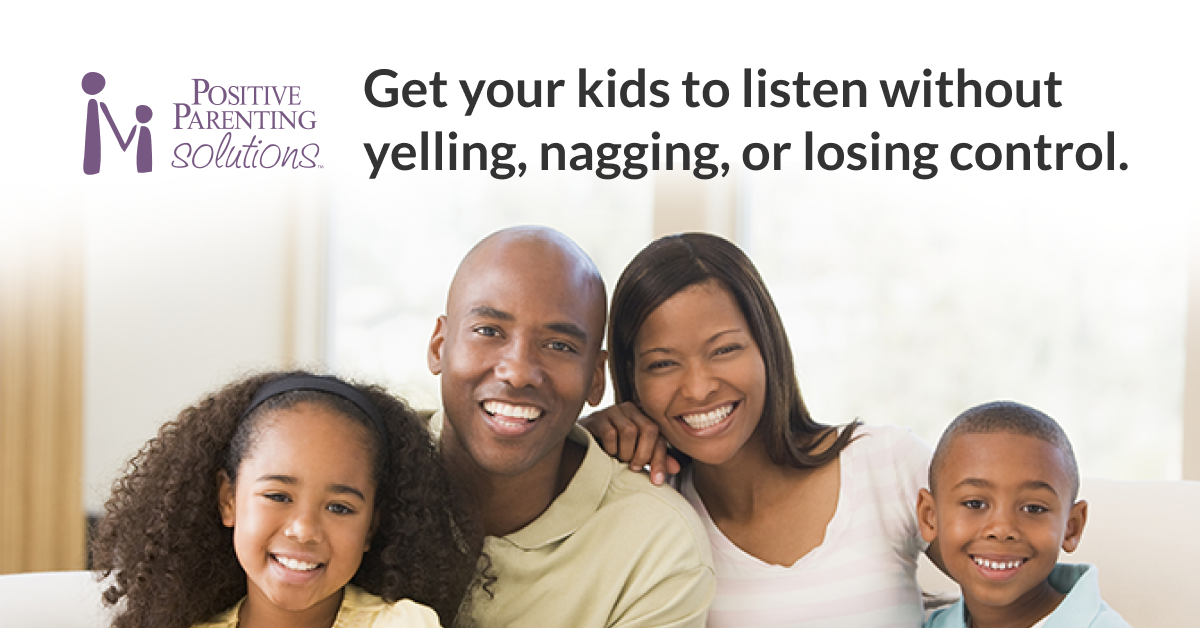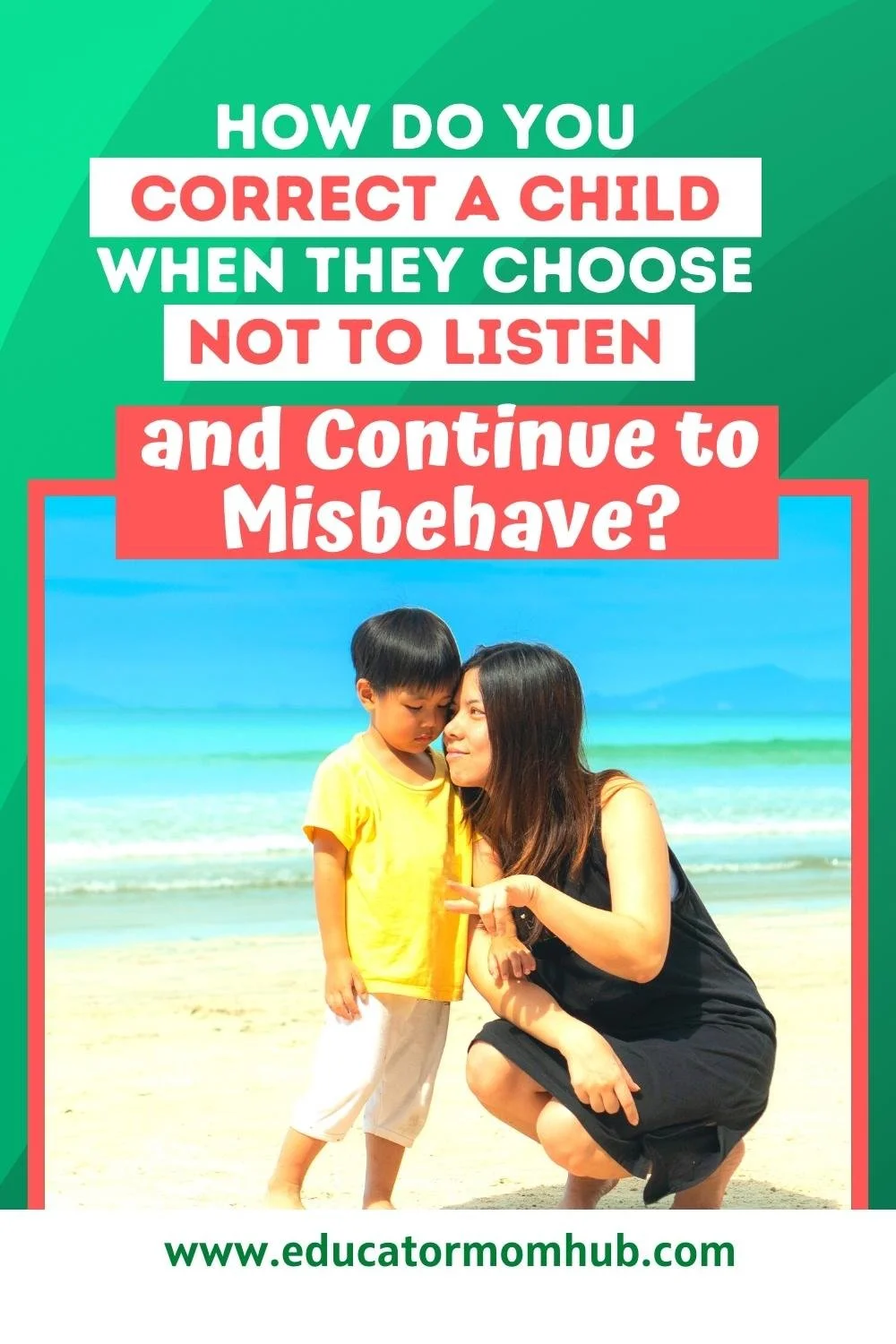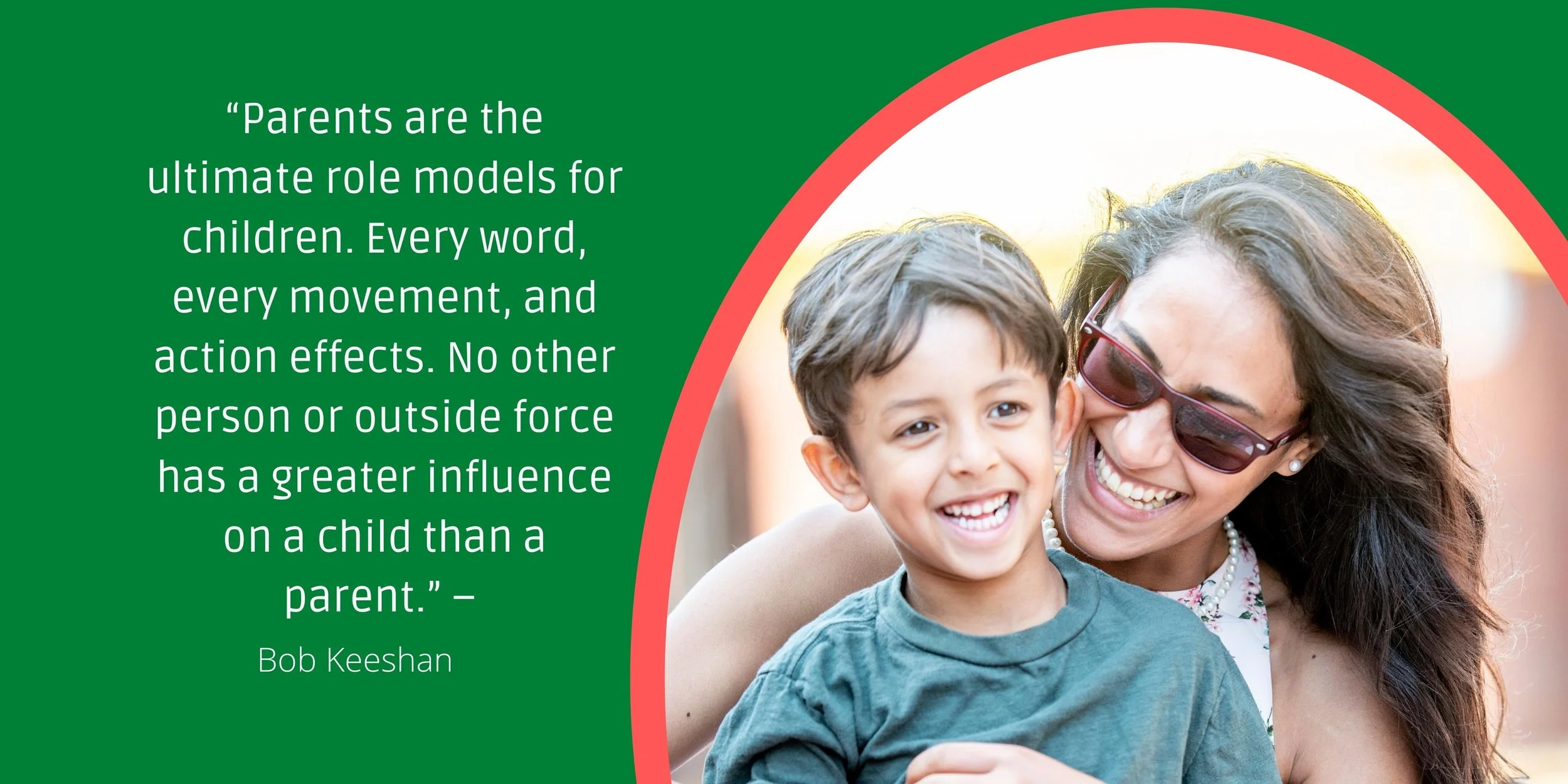How to Talk so Kids Will Listen- 13 Parenting Tips and Effective Phrases to Use
It's no secret that one of the biggest parenting challenges is getting your child to listen.
All parents want their children to obey them and listen attentively, but this doesn't always happen. Many young children seem to have a mind of their own and refuse to do what they're told.
Some common complaints that parents have are:
"My child never listens to me!"
"I feel like I'm always repeating myself."
"I've tried everything and nothing works."
This can be frustrating for both parents and children.
In this article, we will discuss how parents should talk so children will listen. We will provide some effective ways/ phrases that you can use to improve your child's behaviour!
Why Don't Kids Listen?
Before we get into how to talk so children will listen, it's important to understand why kids don't always listen in the first place.
There are a few reasons for this:
-They're Not Ready Yet:
Some children simply aren't developmentally ready to follow certain instructions.
For example, a toddler who is told to "Sit down and eat your dinner" is likely to have difficulty following this directive.
-They Don't Understand:
If a child doesn't understand what you're saying, then they're not going to be able to comply with your request.
Make sure that you're speaking clearly and using words that your child will understand.
-They're Not Paying Attention:
It's hard to listen when you're not paying attention!
Children are easily distracted, so it's important to make sure that you have their full attention before you give them a directive.
-They Don't Want To:
Sometimes, kids don't want to do what we ask them to do.
This is normal! Just because they don't want to do something, doesn't mean that they won't do it.
-They're Testing Limits:
It's common for children to test limits and see what they can get away with.
This is normal behaviour and should be expected!
So, now that we know some of the reasons why kids don't always listen, let's talk about how to improve the situation.
Parenting Strategies -How to Talk so Kids Will Listen to You Effectively?
Here are some effective ways that parents can use to get their kids to listen:
1.Use Short, Simple Sentences.
Some parents may not realize how important it is to use short sentences and age-appropriate words when speaking to young kids.
When parents talk to their young kids using short sentences and words that young children can understand, they are more likely to be effective listeners.
This is because short sentences and simple words are easier for kids to understand and process.
Short sentences help to keep kids' attention focused on the speaker.
This will help to avoid confusion and increase the likelihood that your child will understand you.
2.Get Down to Your Child's Level.
When you're talking to your child, it's important to get down to their level. This means that you should physically get down on the floor or sit at a table with them.
This will help your child feel more comfortable and relaxed. It will also make it easier for them to see and hear you.
When kids feel comfortable, they're more likely to listen.
3.Give Your Child Your Full Attention.
It's important to give your child your full attention when you're talking to them. This means that you should put away any distractions such as your phone or the TV.
You should also make sure to look at your child and use facial expressions and hand gestures.
This will help to keep your child's attention focused on you.
4.Use Verbal and Nonverbal Cues:
When you're speaking to your child, make sure that you're using both verbal and nonverbal cues.
This means making eye contact, using facial expressions, and speaking in a clear voice.
5.Give Directions One at a Time:
Don't try to give your child too many instructions at once.
They're likely to get overwhelmed and tune you out.
Instead, give them one direction at a time and wait for them to comply before you give them the next instruction.
6.Use Positive Language:
When you're speaking to your child, use positive language.
For example, instead of saying "Don't hit your sister," try "Please be gentle with your sister."
7.Give Choices:
Giving children choices is a great way to get them to listen.
For example, instead of saying "It's time to take a bath," try "Do you want to take a bath now or in five minutes?"
8.Be Patient.
When talking to young kids, it's important to be patient.
You should expect that there will be interruptions and that your child may not always understand what you're saying.
It's important to take breaks if needed.
You can also try to rephrase what you're saying if your child is having trouble understanding.
For example, instead of saying, "It's time to put your toys away," try "Do you want to put your toys in the toy box or on the shelf?"
9.Use Positive Reinforcement.
When your child does something that you want them to do, it's important to use positive reinforcement.
This means that you should praise them or give them a hug.
This will help your child feel good about themselves and will encourage them to continue doing the desired behavior.
It's also important to avoid using negative reinforcement such as yelling or punishment. This can lead to your child feeling upset and discouraged.
Here is an article on How to Praise Your Child The Right Way- 65 Examples
10.Use Incentives:
Incentives are a great way to get kids to listen.
For example, you could say "when you clean up your toys, you can go outside for play."
11.Be Consistent.
When talking to kids, it's important to be consistent with your words and actions.
This means that you should always follow through with what you say.
For example, if you tell your child that they need to clean up their toys before they can have a snack, then you should make sure to follow through with this.
If you're not consistent, kids will quickly learn that they can get away with not listening to you.
12.Set Clear Expectations.
When talking to kids, it's important to set clear expectations.
This means that you should be specific about what you want them to do.
For example, instead of saying "clean up your room," you could say "please pick up all of your toys and put them away in the toy box."
When expectations are clear, kids are more likely to understand what you're saying and be successful in doing what you've asked.
Here is a helpful article: How to Set Limits for Kids- 9 Tips for Behaviour Management
13.Avoid Power Struggles:
Power struggles often happen between parents and children when the child refuses to do what they're told.
Instead of getting into a fight with your child, it's important to stay calm and try to find a compromise.
For example, instead of saying "you need to take a bath right now," you could say "how about we take a bath in five minutes?"
Here is an article on How to End Power Struggle With Your Pre-Schooler- Why It Happens and How to Stop It!
Phrases to Use so Kids Will Listen-Even Difficult Children
Even the most difficult children can be taught to listen if parents use the right approach.
Here are some effective phrases that parents can use:
"I know you can do it."
This phrase is perfect for those times when your child doesn't want to do something. It's a great way to encourage them and let them know that you believe in them!
"Please look at me when I'm talking to you.
If you find that your child isn't paying attention when you're speaking, try this phrase.
It's a gentle way to get their attention and let them know that you're talking to them.
"I need you to _____ .
"This phrase is clear and concise.
It tells your child exactly what you need them to do, without any confusion.
"Let's try it this way."
This phrase is perfect for those times when your child isn't following your instructions.
It's a great way to redirect their behaviour and give them a new direction.
"I know you're upset, but I need you to _____ ."
This phrase is perfect for those times when your child is feeling emotional.
It's a great way to acknowledge their feelings while still maintaining control of the situation.
"I know you don't want to, but _____ ."
This phrase is perfect for those times when your child doesn't want to do something.
It's a great way to let them know that you understand their feelings, while still maintaining control of the situation.
"I can see that you're not ready yet, so let's try again in a few minutes."
This phrase is perfect for those times when your child isn't ready to do something.
It's a great way to acknowledge their feelings and let them know that you're willing to wait.
"Thank you for _____ ."
This phrase is perfect for those times when your child does something that you've asked them to do.
It's a great way to show your appreciation and let them know that their efforts are noticed.
Here is an article: How to Praise Your Child The Right Way- 65 Examples
"Please _____ ."
This phrase is perfect for those times when you need your child to do something.
It's a great way to politely request their help or compliance.
"I'm sorry, but I need you to _____ ."
This phrase is perfect for those times when you need to apologize for asking your child to do something.
It's a great way to let them know that you're sorry for the inconvenience, while still maintaining control of the situation.
"Please _____ or _____ ."
This phrase is perfect for those times when you need your child to choose between two options.
It's a great way to give them a choice while still maintaining control of the situation.
"If you _____ , then _____ ."
This phrase is perfect for those times when you need your child to do something to get something else.
It's a great way to motivate them by rewarding them for their efforts.
These are just a few of the many effective phrases that you can use to improve the listening behaviour of your child.
By using these phrases, you'll be able to communicate more effectively with your child and get them to listen to you.
What are some of the effective phrases that you use to get your child to listen? Share in the comments below!
How Do You Correct a Child When They Choose Not to Listen and Continue to Misbehave?
It can be frustrating when a child chooses not to listen and continues to misbehave, but there are some respectful approaches you can take to help correct the situation.
First, try to remain calm and avoid raising your voice.
This will only escalate the situation and make it harder for the child to focus on what you're saying.
Instead, gently explain why their behavior is unacceptable and what the consequences will be if they don't stop.
It's also important to offer encouragement to help children make the right choice.
For example, you might say something like, "I know you can do better than this."
By taking a respectful and positive approach, you'll be more likely to see cooperation from the child and fewer instances of misbehavior.
However, If they continue to misbehave, explain again to your child why their behavior is unacceptable and what the consequences will be if they don't stop.
Then follow through with those consequences.
If you remain consistent, your child will eventually learn that their bad behavior won't be tolerated.
And while it may not be easy, it's important to remain patient and calm throughout the process.
After all, children are still learning and it takes time for them to understand and obey rules.
Conclusion
We hope that this article has been helpful in giving you some ideas on how to talk so children will listen!
Remember, it's important to be patient, use positive language, be consistent, and set clear expectations. With a little practice, you'll be able to improve your child's listening skills in no time!
If you found this article helpful, please share it with other parents who might be struggling with the same issue.
Thank you for reading!
FAQ
Q: What if my child still doesn't listen after I've tried everything in this article?
A: If you've tried all of the tips in this article and your child still isn't listening, it's important to reach out to a professional for additional support. They can help you troubleshoot the issue and come up with a plan that will work for both you and your child.
Q: My child is having trouble following directions at school. What can I do to help?
A: If your child is struggling to follow directions at school, it's important to talk to their teacher. They may be able to offer some insight into what might be causing the issue and provide some suggestions on how to improve the situation.
Q: I'm struggling to stay consistent with my expectations. Any tips?
A: Yes! One tip is to make sure that you have a clear plan in mind before you talk to your child. This means that you should know what you want them to do and how you expect them to behave. If you're not sure where to start, try making a list of rules that you want your child to follow. Once you have a plan, it will be easier to stay consistent with your expectations.










